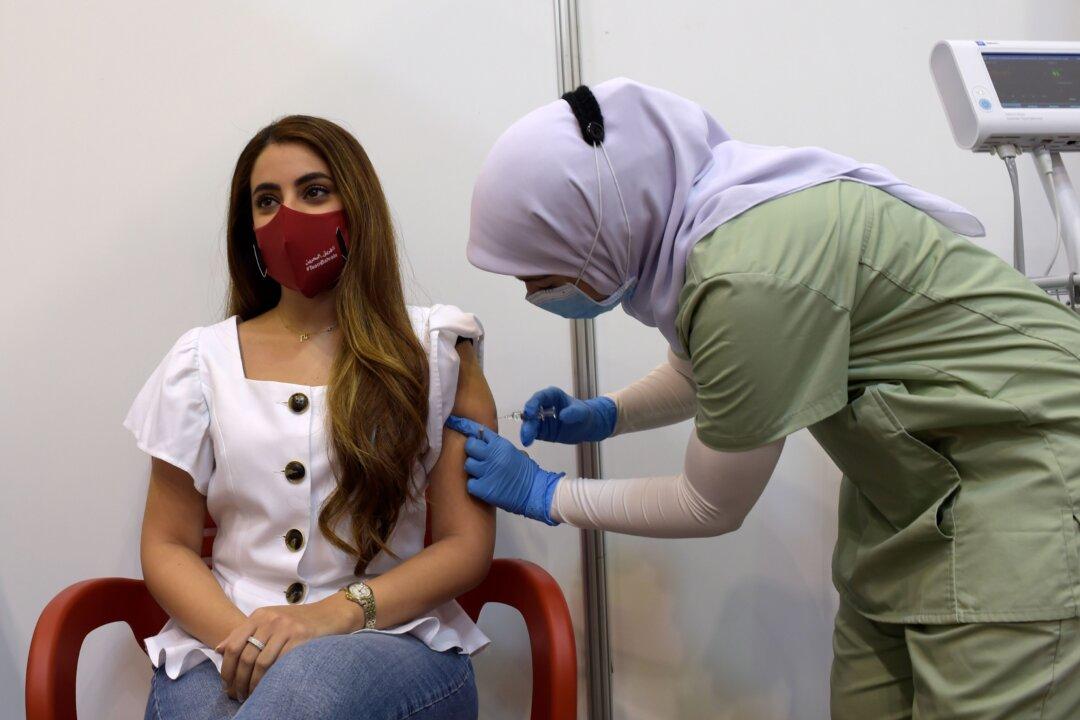A vaccine adviser to the Food and Drug Administration is questioning whether young, healthy people should get new COVID-19 boosters, arguing those shots should be used for older individuals.
“I believe we should stop trying to prevent all symptomatic infections in healthy, young people by boosting them with vaccines containing mRNA from strains that might disappear a few months later,” wrote Dr. Paul A. Offit, an FDA vaccine panel adviser and professor of pediatrics at the Children’s Hospital of Philadelphia, in New England Journal of Medicine on Jan. 11.





